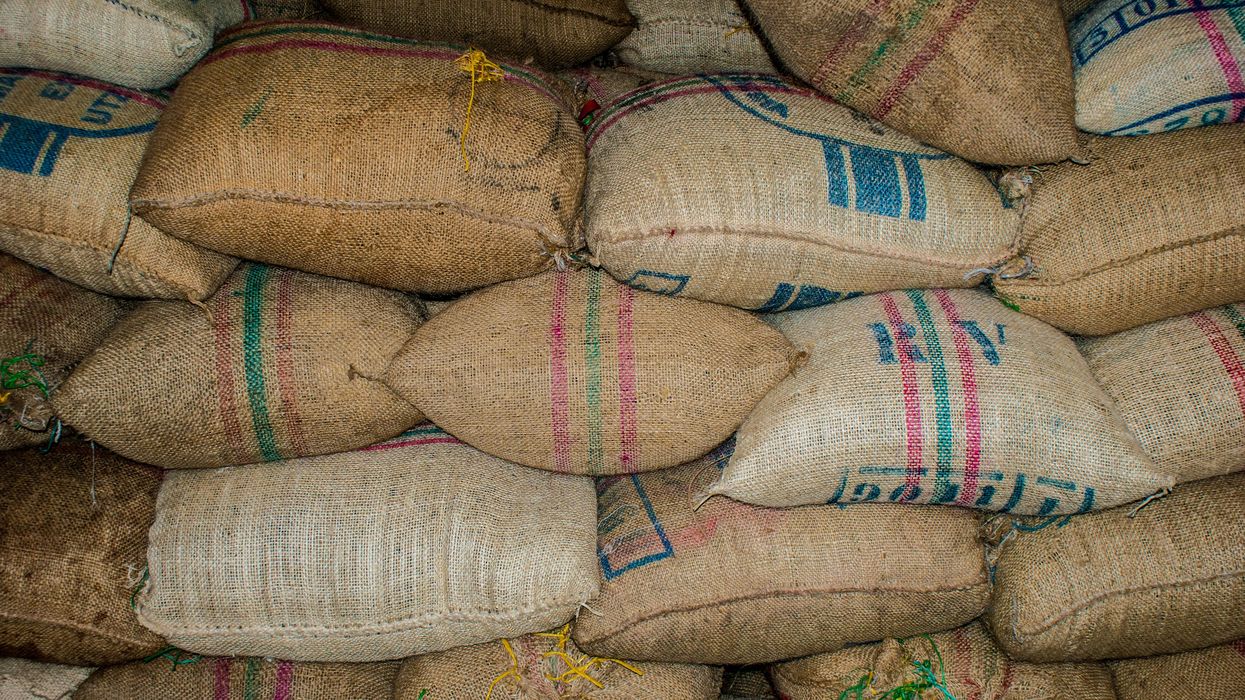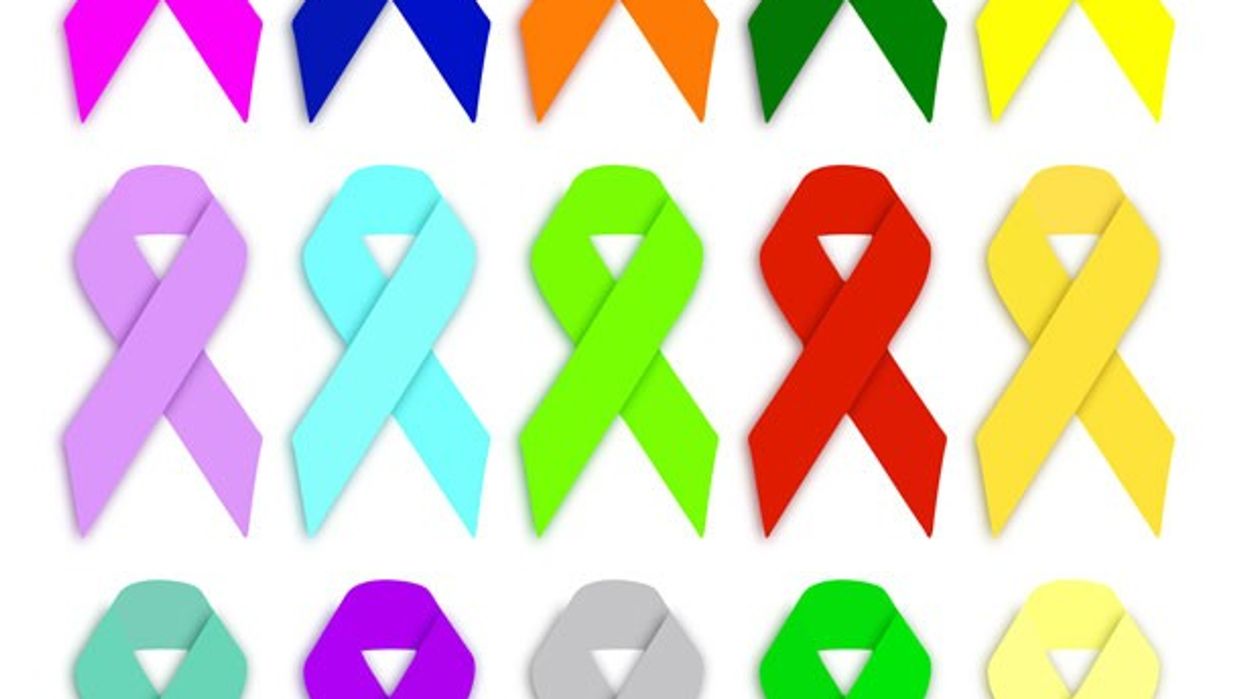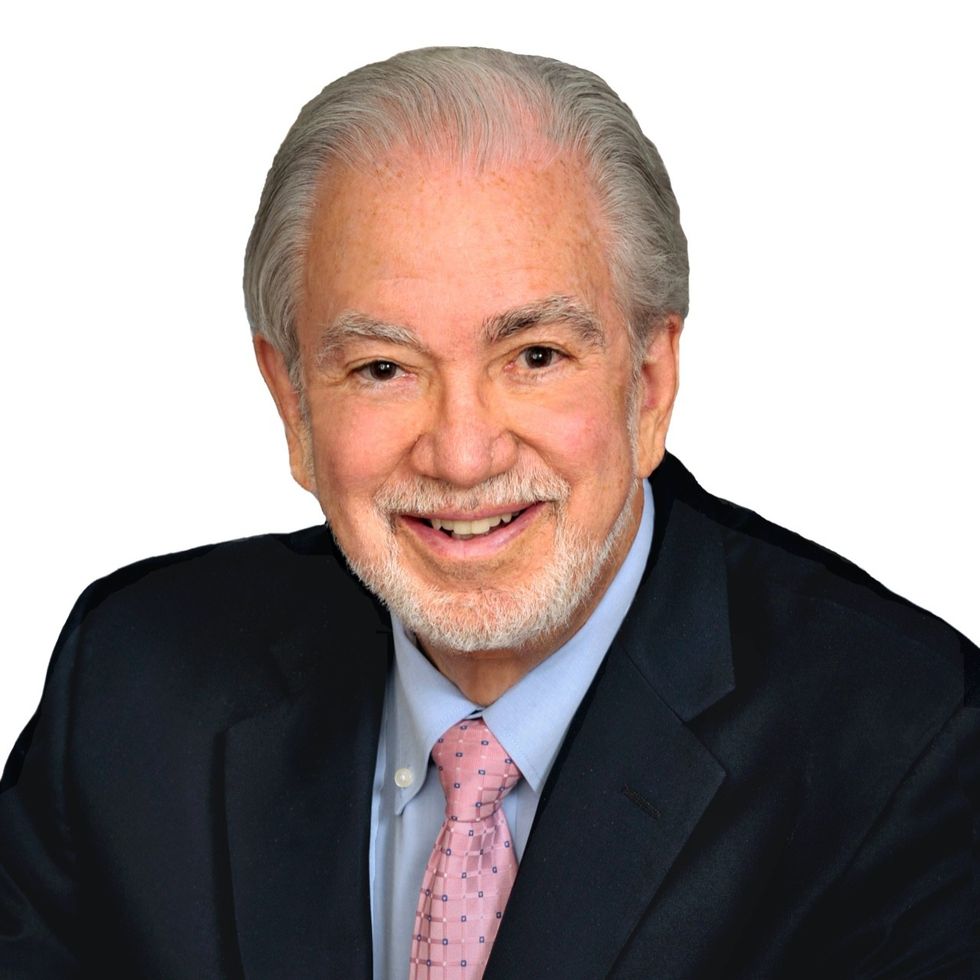In a significant food safety alert, the U.S. Food and Drug Administration (FDA) has announced a large-scale recall of thousands of bags of rice due to potential rodent contamination. This precautionary measure aims to protect consumers from potential health risks associated with contaminated food products.
The Recall Announcement
The recall was initiated after routine inspections and consumer complaints indicated the possibility of rodent activity in a specific batch of rice. The affected products were distributed nationwide and sold under various brand names in major retail stores. The FDA has advised consumers to check their rice packages for specific lot numbers and to return any affected products to the place of purchase for a full refund.
Health Risks
Rodent contamination in food products poses significant health risks. Rodents can carry various pathogens that may lead to serious illnesses in humans. Some of the common diseases associated with rodent contamination include:
- Salmonellosis: Caused by Salmonella bacteria, symptoms include diarrhea, fever, and abdominal cramps.
- Leptospirosis: A bacterial infection that can cause flu-like symptoms and, in severe cases, liver and kidney damage.
- Hantavirus: A severe respiratory disease that can be fatal if not treated promptly.
Contaminated food can also be a vector for allergens and toxins produced by rodents, leading to additional health concerns.
Response and Recommendations
The FDA has urged consumers to remain vigilant and to take the following steps:
- Check Lot Numbers: Verify the lot numbers on rice packaging against the recall list provided by the FDA.
- Return or Dispose: If you possess any of the recalled products, either return them to the store for a refund or safely dispose of them.
- Report Issues: If you experience any health issues after consuming the recalled rice, seek medical attention and report the incident to the FDA's consumer complaint system.
Retailers and distributors are also advised to remove the affected products from their shelves and ensure they are not sold to consumers.
Preventive Measures
To prevent such incidents in the future, the FDA and food manufacturers are implementing stricter quality control measures. These include:
- Enhanced Inspections: More frequent and thorough inspections of food processing and storage facilities.
- Improved Sanitation: Ensuring that facilities adhere to stringent sanitation protocols to deter rodent activity.
- Consumer Awareness: Increasing public awareness about food safety practices and encouraging consumers to report any suspicious products.
The recall of thousands of bags of rice over possible rodent contamination highlights the ongoing challenges in ensuring food safety. While the FDA's swift response aims to mitigate health risks, it also underscores the need for continuous vigilance and stringent quality control in the food supply chain. Consumers are encouraged to stay informed and proactive in protecting their health and safety.
References
- U.S. Food and Drug Administration. (2024). Recalls, Market Withdrawals, & Safety Alerts. Retrieved from FDA website.
- Centers for Disease Control and Prevention. (2023). Rodent Control. Retrieved from CDC website.
- Mayo Clinic. (2023). Diseases Spread by Rodents. Retrieved from Mayo Clinic website.









 Karla Mingo believes that her greatest gift as a cancer survivor is the ability to live with gratitude and thankfulness.
Karla Mingo believes that her greatest gift as a cancer survivor is the ability to live with gratitude and thankfulness.




 Dr. Cary S. Kaufman teaches the "Essentials of Oncoplastic Surgery" course through the National Consortium of Breast Centers, providing breast surgeons around the world with advanced techniques for optimal breast surgery outcomes.
Dr. Cary S. Kaufman teaches the "Essentials of Oncoplastic Surgery" course through the National Consortium of Breast Centers, providing breast surgeons around the world with advanced techniques for optimal breast surgery outcomes.

 Dr. Jay Harness, MD, FACS, founder of Cancer Fitness, believes that when a woman begins exercising after breast cancer, it marks the start of her personal reconstruction journey.
Dr. Jay Harness, MD, FACS, founder of Cancer Fitness, believes that when a woman begins exercising after breast cancer, it marks the start of her personal reconstruction journey.